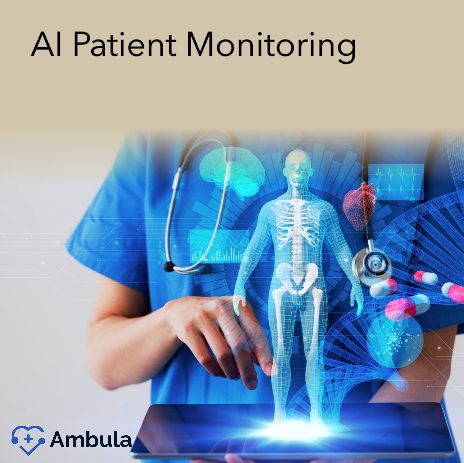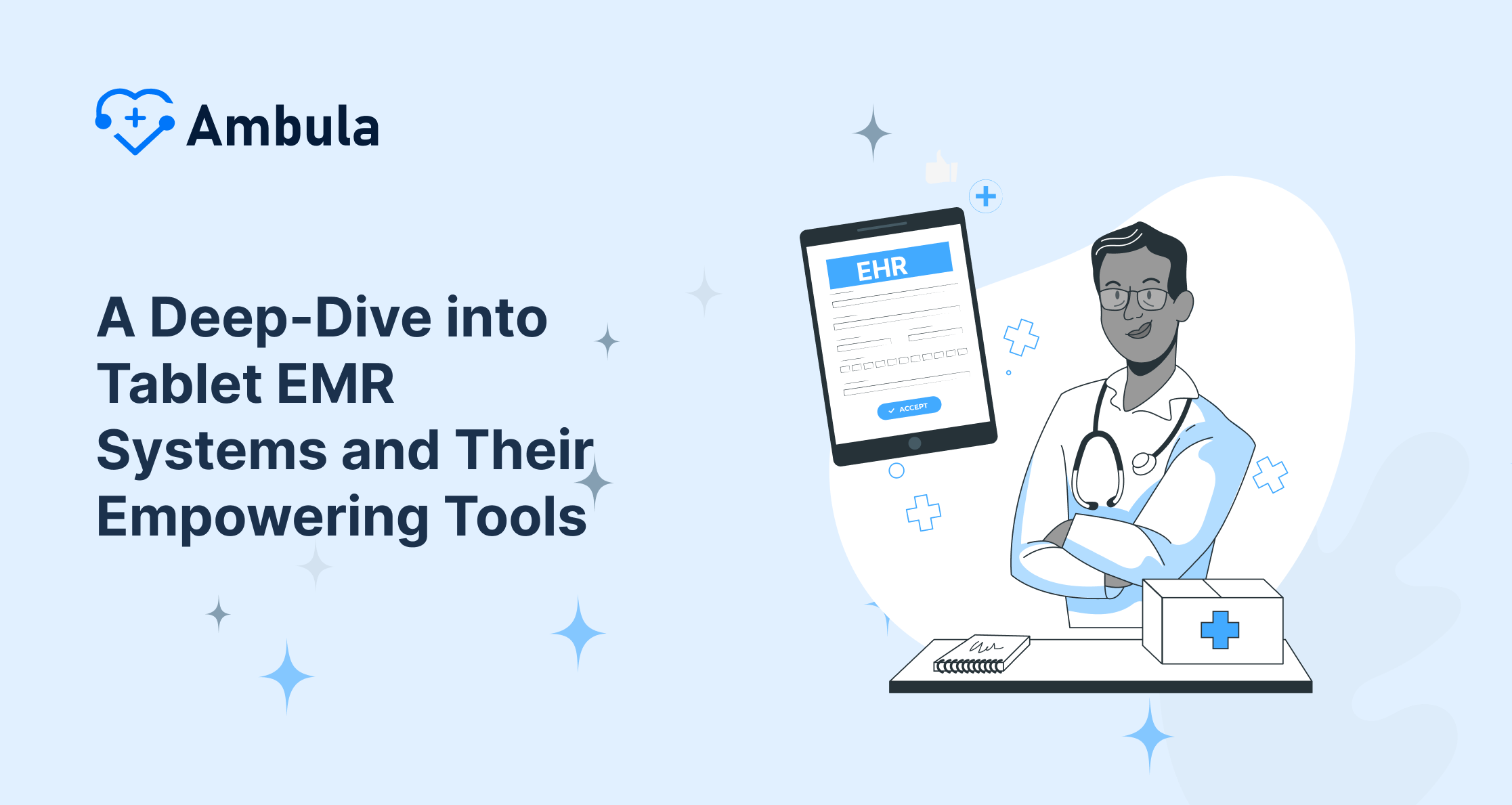Tasks that take hours with EMRs take minutes with Ambula
Our ASC EMR system streamlines clinical documentation and patient management processes. Surgery centers reduce documentation time by 35% while maintaining complete compliance with regulatory requirements and improving care coordination across the surgical team.

✓ Free trial. No credit card required. Access to all features.

Ditch the paper charts for a modern ASC EMR
Ambula lets you build your own workflows, and reports, and manage all patient charts in one place.
Multi Specialty Workflow
The platform supports custom clinical workflows for 12 surgical specialties with specialty-specific documentation requirements. Administrators configure unique workflow sequences without programming knowledge, ensuring optimal efficiency for each specialty.


Patient Portal Access
Patients complete pre-surgical questionnaires, access post-operative instructions, and view billing information through the secure portal. This self-service capability reduces staff workload while improving patient satisfaction scores by 18%.
Advanced Billing Reports
Our cutting-edge billing report module empowers ASCs with unparalleled financial insights. This feature transforms complex financial data into actionable intelligence, driving revenue optimization and operational efficiency.

Surgery Center EMR for today’s era of healthcare
Ambula offers powerful self-serve tools that allow you to create your own ASC EMR experience that integrated with your workflow
Device Integration
Connect with 30+ medical devices to automatically import vital signs and procedure data.

Consent Form Management
Digital consent forms with electronic signatures reduce paper usage by 85% and ensure compliance.

Custom Workflow Builder
Create 100+ custom clinical workflows without coding knowledge using our intuitive drag-and-drop interface.

Inventory Management
Track 100% of surgical supplies with automated reordering based on usage patterns and upcoming scheduled procedures.
Quality Reporting
Generate 15 customizable quality metrics reports for accreditation requirements with automatic data extraction.
Anesthesia Documentation
Specialized anesthesia forms capture vital signs and medication administration with 99.8% documentation accuracy.
Learn more with Ambula
A better way to work awaits you
Surgery Center EMR FAQs

Surgery Center EMR Expert
Want to learn more about how Ambula EMR can save you 2 hours a day?



